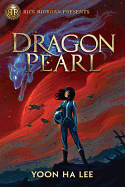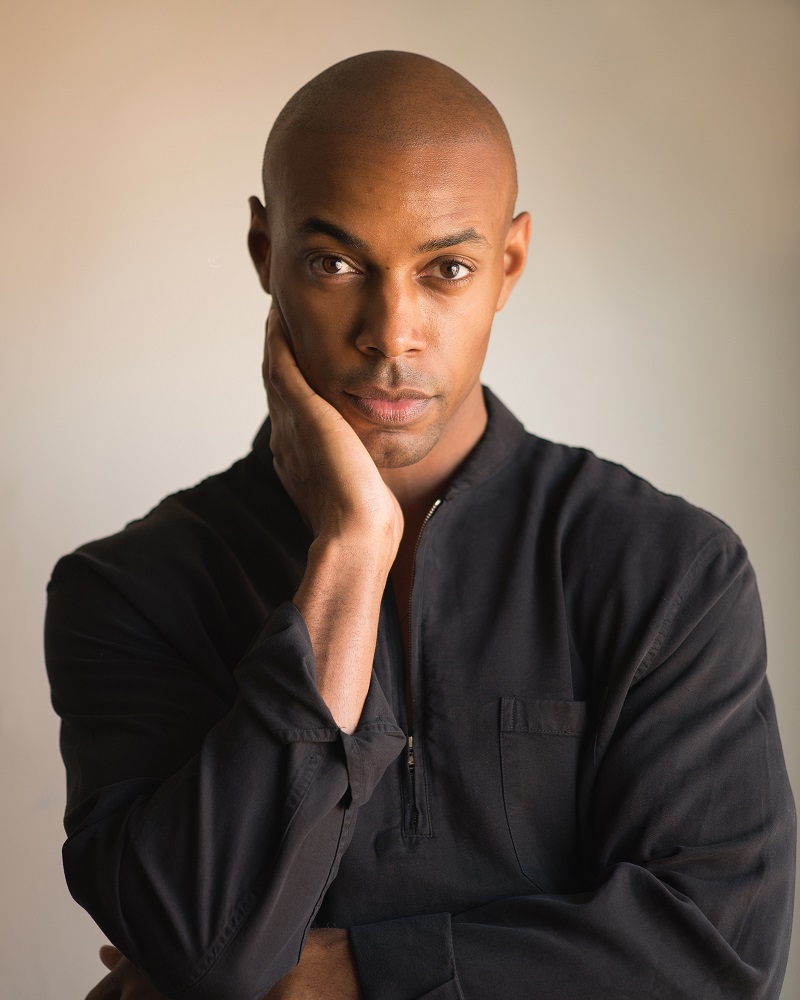 |
| photo: Hallo Smith |
Casey Gerald grew up in Oak Cliff, Tex., and went to Yale, where he majored in political science and played varsity football. After receiving an MBA from Harvard Business School, he cofounded MBAs Across America. He's the author of There Will Be No Miracles Here (Riverhead, October 2), a memoir that stands the American Dream narrative on its head.
On your nightstand now:
Don't hate me, but I'm reading my own book right now--I sleep with it next to me--because it's my first book and it is about to be released and it's all still surreal.
Favorite book when you were a child:
The Boxcar Children by Gertrude Chandler Warner. It taught me that, sometimes, it doesn't matter what you have--all that matters is what you're trying to do.
Your top five authors:
Clarice Lispector, Jean Genet, Toni Morrison, David & the other folks who wrote Psalms and Robert Caro.
Book you've faked reading:
I didn't start reading until I was nearly 23 years old. Not that I couldn't; just didn't. It is liberating to tell that truth and not be ashamed, because I never feel the need to fake-read anything. As I catch up on all the "classics," I realize that, often--as with Hemingway--I haven't missed much.
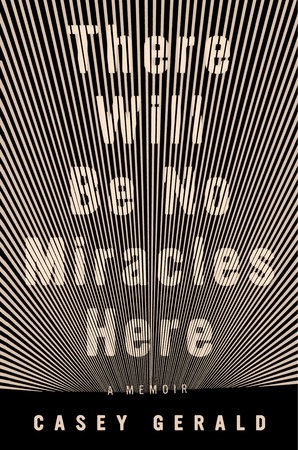 Book you're an evangelist for:
Book you're an evangelist for:
I have probably bought more copies of Marianne Williamson's A Return to Love for people than any other book. The ways my generation was taught to live, love, believe and work have failed, and this book has helped me and many of my peers see another way and find a path toward healing.
Book you've bought for the cover:
The latest New Directions edition of The Book of Disquiet by Fernando Pessoa. It just blew me away. Can't say the same for the actual book, only because I put it down a few pages in, for some reason I can't remember.
Book you hid from your parents:
I didn't have to hide things from my parents because, by my teenage years, they weren't around.
Book that changed your life:
Giovanni's Room. I read it when I was 24, and there was no turning back after this line: "People can't, unhappily, invent their mooring posts, their lovers and their friends, anymore than they can invent their parents. Life gives these and also takes them away and the great difficulty is to say Yes to life."
Favorite line from a book:
"Jesus wept."
Five books you'll never part with:
As Maya Angelou said, I've never seen a hearse with a hitch. So I'll part with everything, happily. But five books I will cherish until then:
The Testament of Mary by Colm Tóibín--it taught me so much about confession, and about the radical, subversive result of giving an old story to a new person who had, previously, been silenced.
Good Times by Lucille Clifton. A poem like "won't you celebrate with me" can help me through any dark time: "come celebrate/ with me that everyday/ something has tried to kill me/ and has failed."
Cruising Utopia by José Esteban Muñoz. I was reading this book when I was informed that a dear friend had taken his life. Muñoz writes: "This world is not enough." His book is an attempt to find a way to live, anyhow.
On the Road by Jack Kerouac. I keep trying to accept all the ways in which this novel is second-rate and/or problematic, but I feel about it the way I feel about my first love--the impact on me was just too great to save a lot of space for legitimate criticism.
Journal of Albion Moonlight by Kenneth Patchen. Strangest and, perhaps, greatest book I've ever read. I'll leave it at that.
Book you most want to read again for the first time:
On the Road, for sure. In part because I would also, in this scenario, be 23 and a lot less tired.
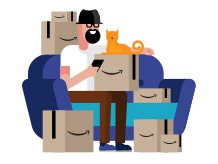 "I think we'll have to sacrifice a lot of conveniences to allow for humane conditions at Amazon. It's such a beast at this point. It either needs to be broken up or nationalized, and I'm not sure where to start. I can only fight with my wallet."
"I think we'll have to sacrifice a lot of conveniences to allow for humane conditions at Amazon. It's such a beast at this point. It either needs to be broken up or nationalized, and I'm not sure where to start. I can only fight with my wallet."




IPC.0204.S3.INDIEPRESSMONTHCONTEST.gif)




 Prologue Bookshop
Prologue Bookshop
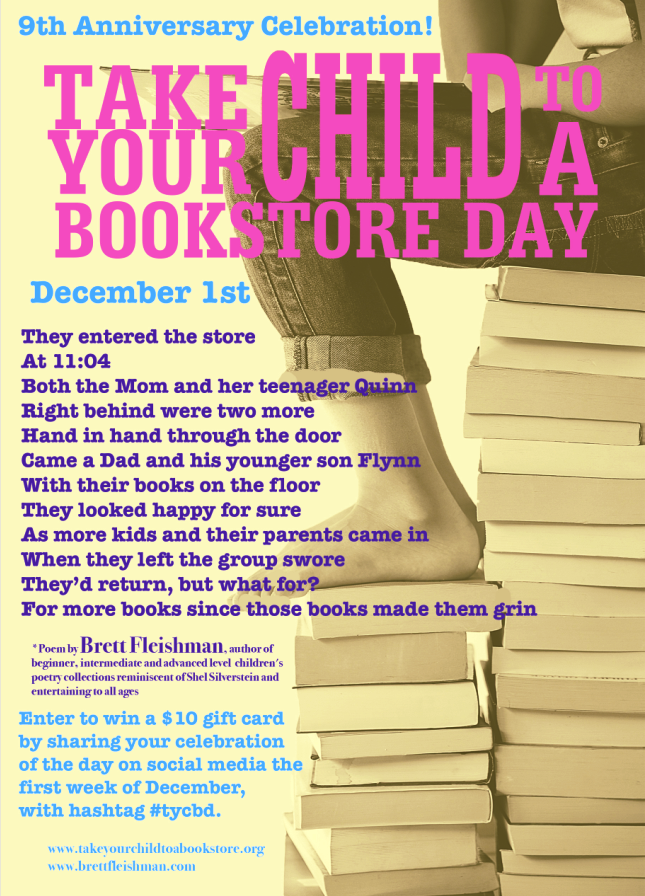 The ninth annual
The ninth annual 
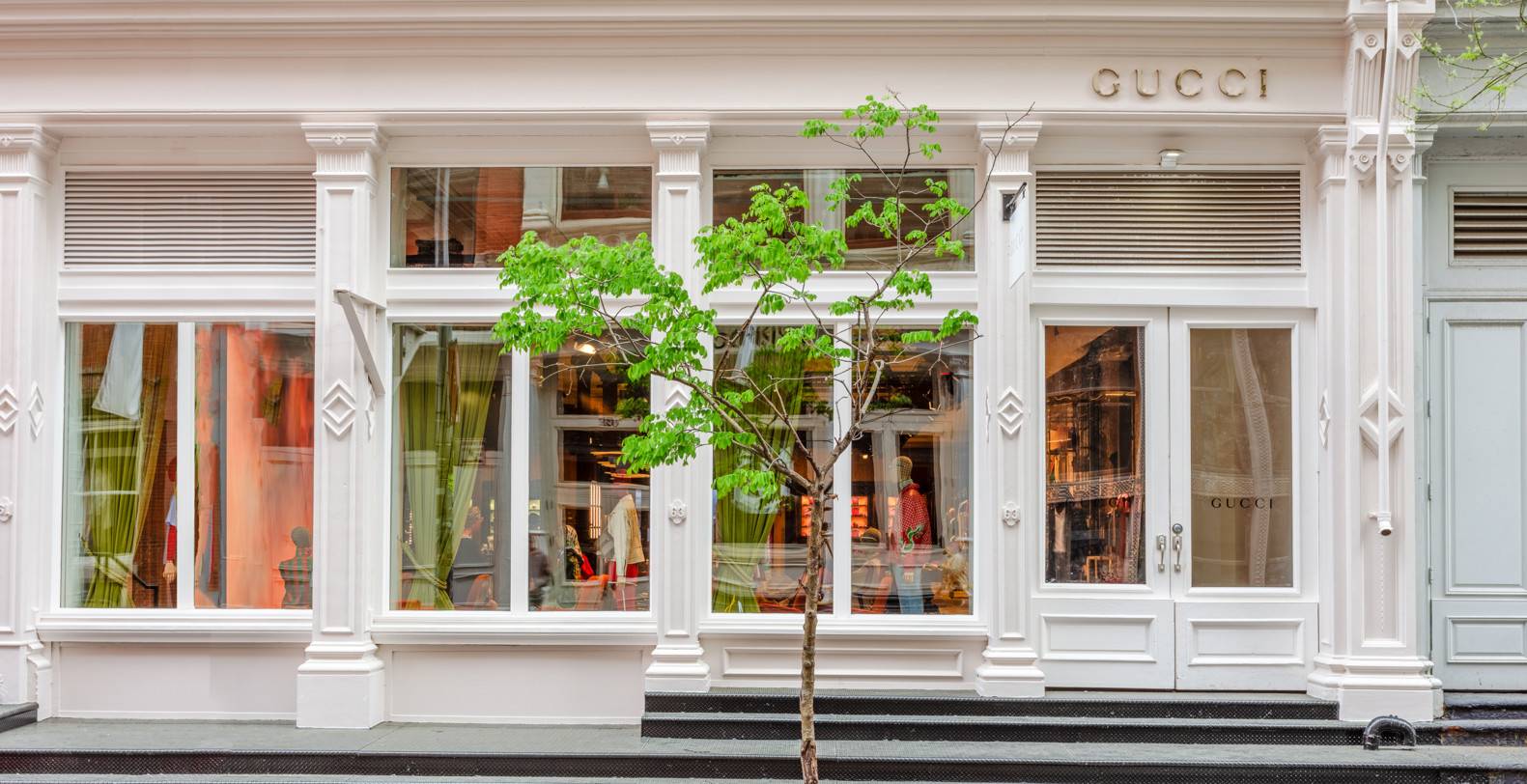 Gucci Wooster
Gucci WoosterIPC.0211.T4.INDIEPRESSMONTH.gif)
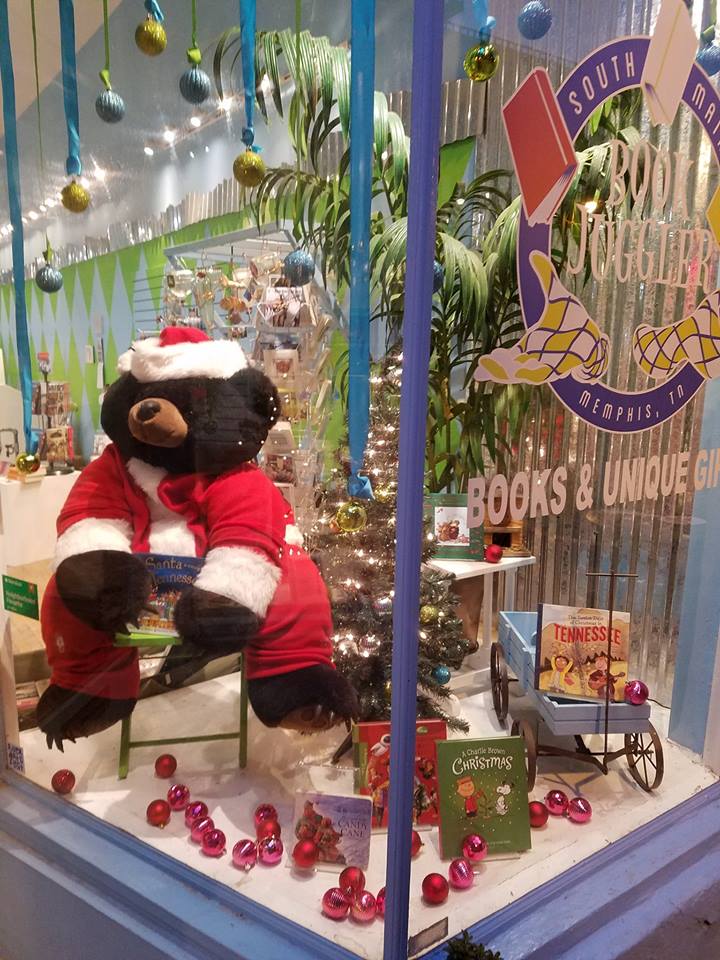 South Main Book Juggler
South Main Book Juggler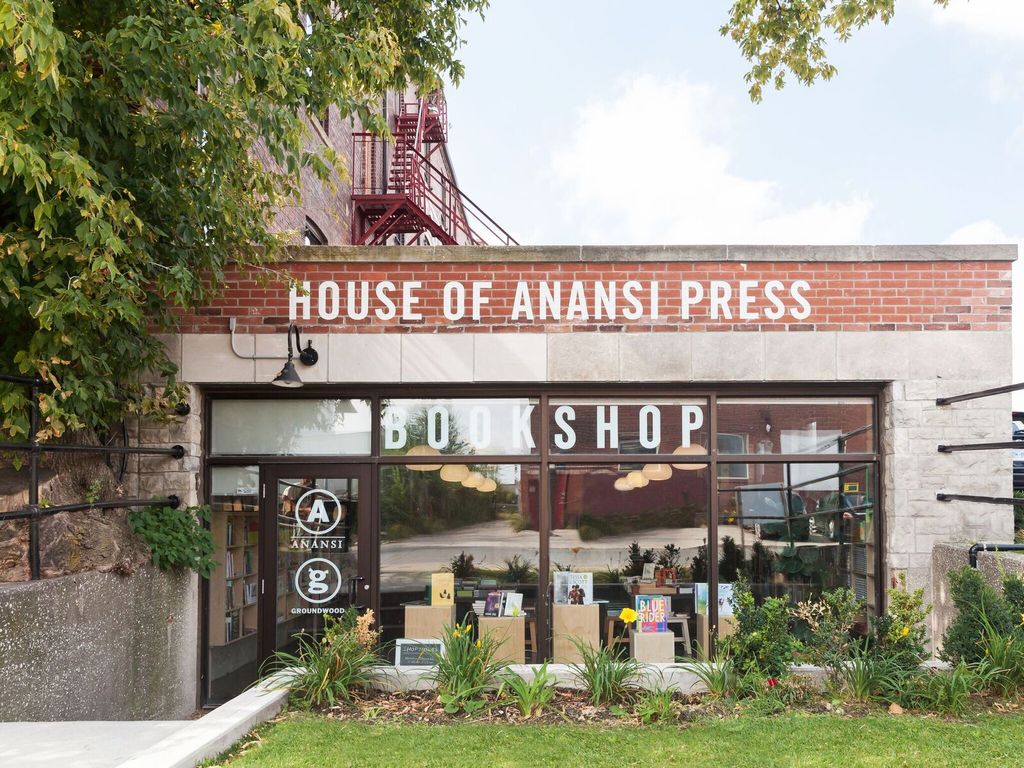 Toronto Life
Toronto Life 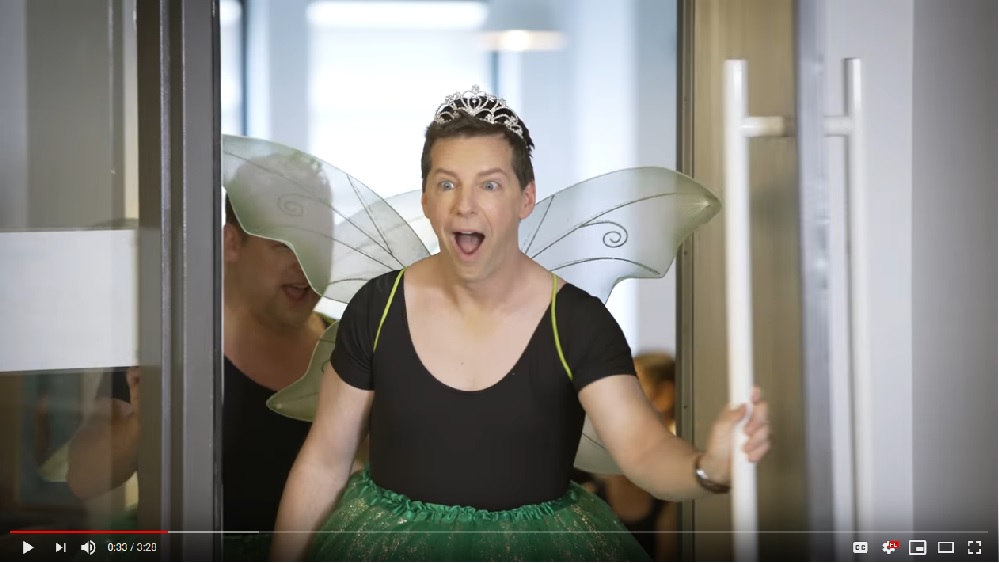 Plum
Plum
 Book you're an evangelist for:
Book you're an evangelist for: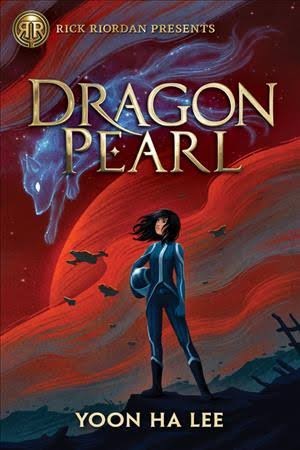 A fox spirit ("gumiho") masquerading as a human, 13-year-old Min has a dismal life on Jinju, a poor, half-finished planet in the Thousand Worlds league. Her mom and aunties bog her down with mundane chores, and it's unsafe for her to practice her fox magic openly--her ancestors used their shape-shifting abilities to "lure lonely travelers" and "suck out their lives," so people haven't been too keen on fox spirits. The only thought getting her through this life is that in two years she can take the entrance exam for the Space Forces, an elite, interstellar military order, and follow her brother, Jun, into the service.
A fox spirit ("gumiho") masquerading as a human, 13-year-old Min has a dismal life on Jinju, a poor, half-finished planet in the Thousand Worlds league. Her mom and aunties bog her down with mundane chores, and it's unsafe for her to practice her fox magic openly--her ancestors used their shape-shifting abilities to "lure lonely travelers" and "suck out their lives," so people haven't been too keen on fox spirits. The only thought getting her through this life is that in two years she can take the entrance exam for the Space Forces, an elite, interstellar military order, and follow her brother, Jun, into the service.